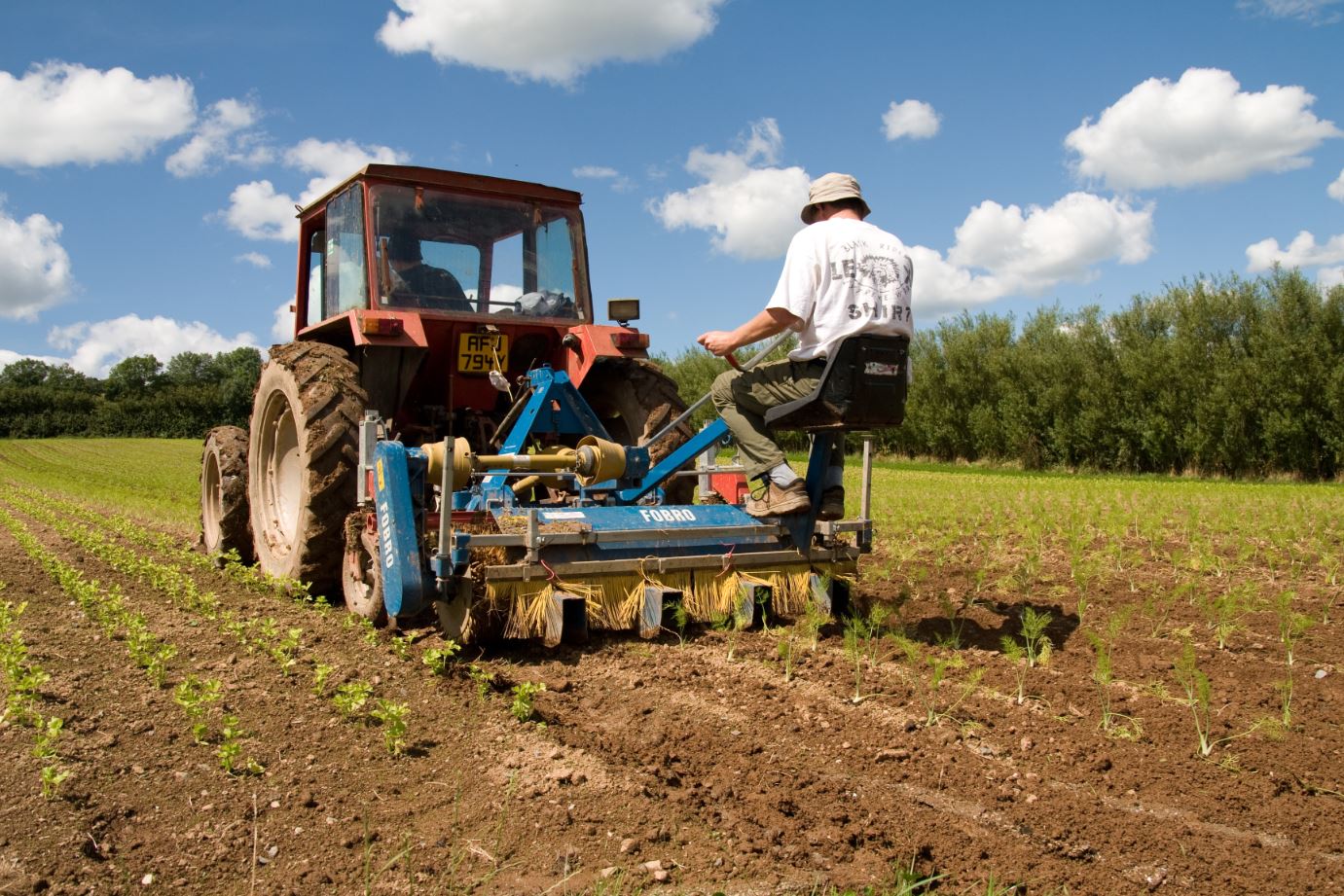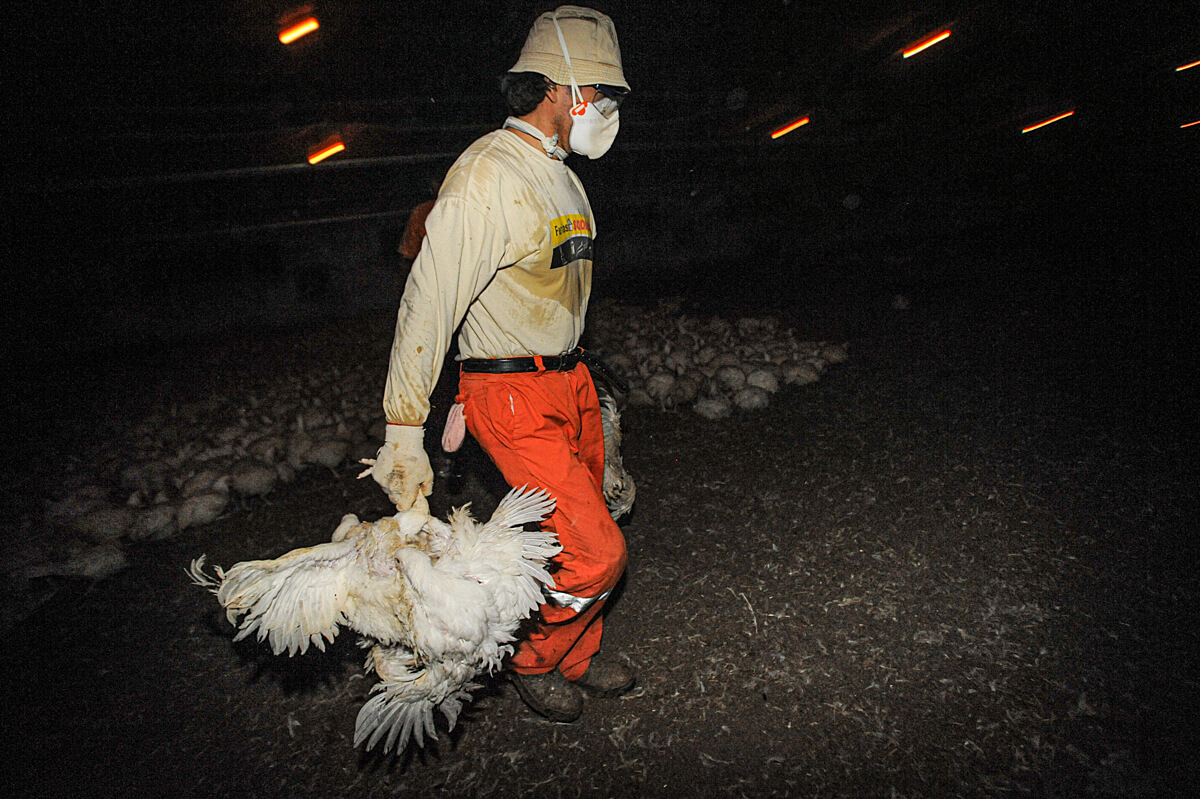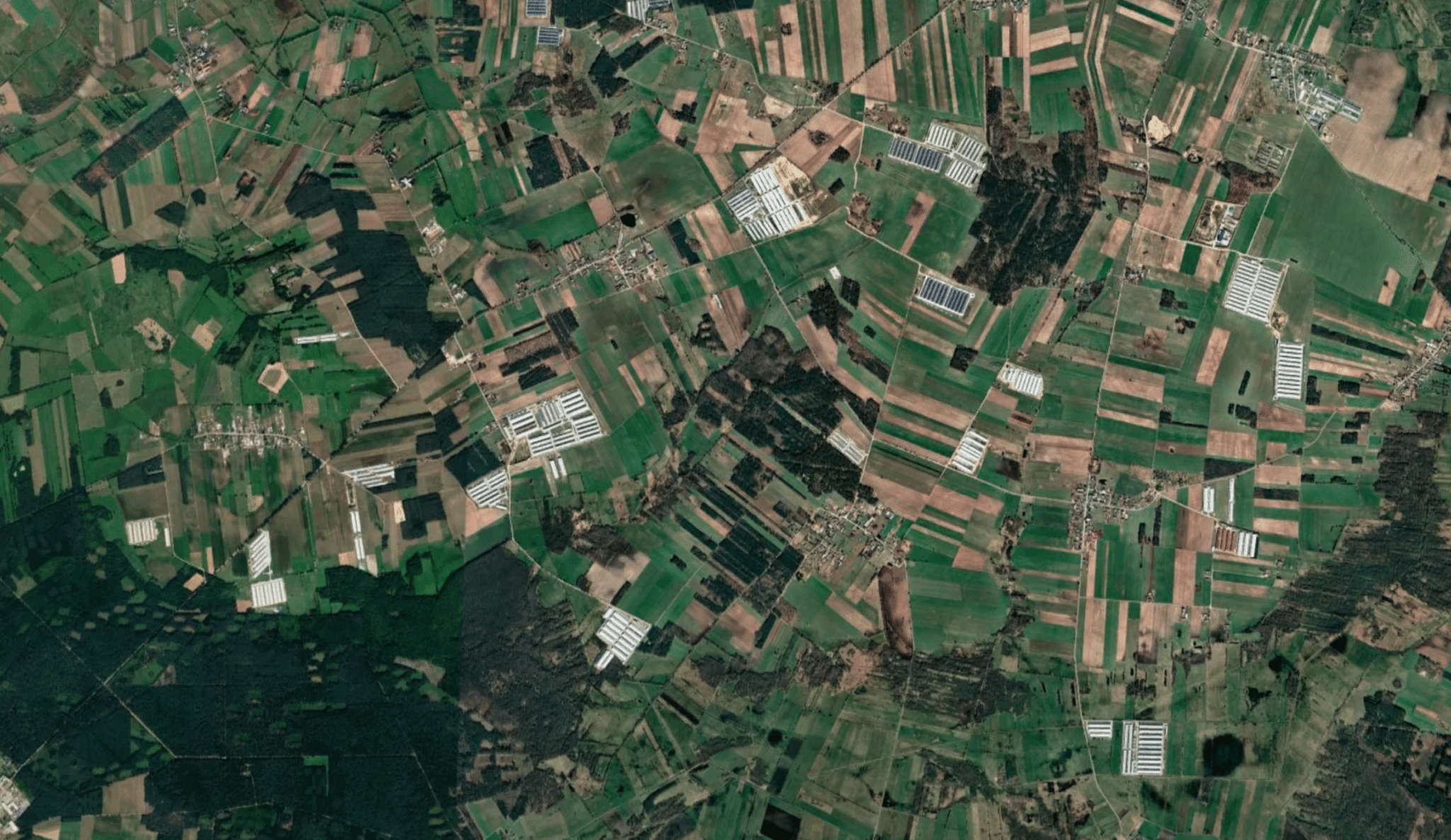Food systems receive just three per cent of public climate funds despite contributing 33 per cent of global emissions according to a new report.
The report by the Global Alliance for the Future of Food said that governments around the world continue to underestimate and underfund food and farming as a climate solution.
Energy and transport benefit most from climate finance, receiving 22 times that of agriculture and food-related industries.
This trend was mirrored at last year’s climate conference COP26 where there was no single day dedicated to food, unlike energy and transport.
Ahead of this year’s conference, COP27, which begins today (7 November), the report is calling for more attention and investment in food systems to help reach ambitious climate targets. Talks at COP27 could decide where countries focus money, though it is not a ‘pledge year’ so leaders do not have to make commitments of how they will keep warming under 1.5 degrees.
“Governments at COP27 must raise their ambition on food and farming, including by boosting finance available to lower-income countries,” said director at the Global Alliance for the Future of Food, Patty Fong. “Food systems transformation is critical to ensure food security, improve health, protect biodiversity, and prevent a climate catastrophe.”
Current public financial support is in fact actively contributing to damaging farming practices that drive climate change, according to the report, which said $528 billion is spent globally subsidising harmful farming practices and only one per cent of support promotes environmental benefits.
The research revealed that funding of $350 bn into healthy diets, regenerative farming, rural livelihoods and nature restoration would help tackle climate change and generate up to $5.7 trillion a year in social value in health and new jobs.
Where the investment into food and farming should go is another point of controversy. The Landworkers’ Alliance (LWA), a union of small-scale farmers, foresters and landworkers stressed the need to prioritise grassroots solutions over “high-tech silver bullets”.
“What we don’t want to see are glossy investment pledges from governments in partnership with big corporations which pour money into hi-tech ‘climate-smart agriculture’ solutions which will ultimately serve the interests of big businesses,” said LWA campaigns coordinator, Yali Banton-Heath.
“What we need is responsible climate finance which goes straight to grassroots initiatives on the ground to support small-scale farmers, peasants and indigenous people to continue producing sustainable nutritious food for their communities,” she said.
Energy and transport attract high levels of climate change investment due to the clear link of tackling climate change. If food is to do the same, governments worldwide need to develop clear plans to tackle emissions in food systems to mobilise funding, said Fong.
“Our research reveals a huge gap between countries’ stated levels of climate ambition and their plans to tackle climate impacts from food,” said Fong. “Policy makers aren’t taking the issue seriously enough, with over 70 per cent of countries’ climate plans missing key information on food system reform.”
The Rockefeller Foundation, alongside 13 other philanthropic foundations, has written to COP27 president Sameh Shoukry to urge more action on the climate impacts of food.
“Governments have recognised the need to shift from fossil fuels to renewable energy. But if we are to limit catastrophic climate change, we need the same efforts and attention on food systems,” said a spokesperson for The Rockefeller Foundation.













0 Comments